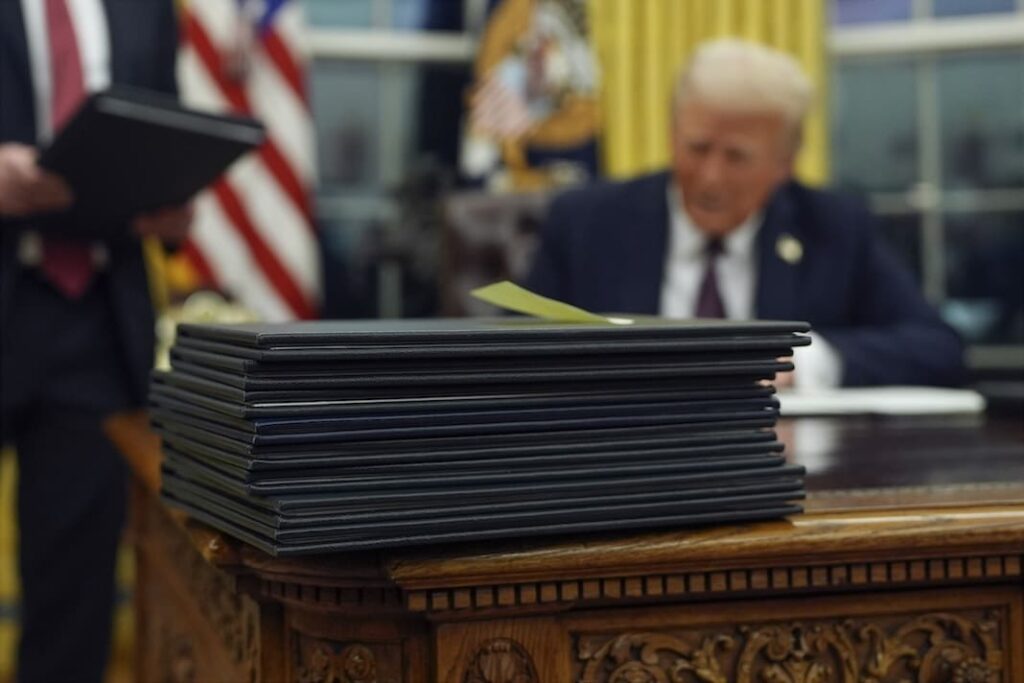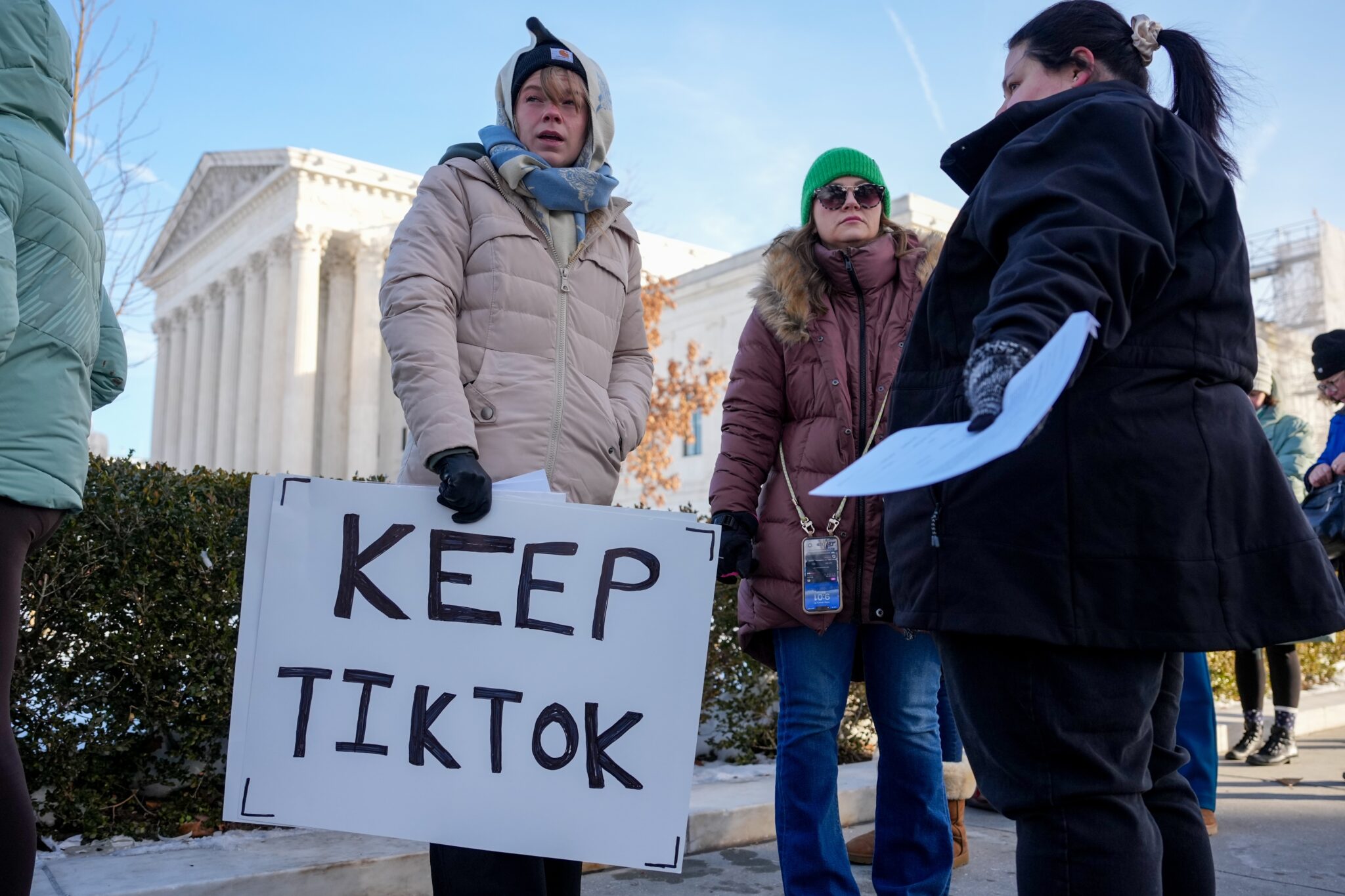Article Summary –
President Trump signed an executive order undermining three programs designed to lower prescription drug prices, initiatives that stemmed from President Biden’s 2022 Executive Order 14087 aimed at reducing drug costs and promoting access to innovative therapies under Medicare and Medicaid. These initiatives included the Medicare $2 Drug List, which could save enrollees $2 billion annually, the Cell and Gene Therapy Access model to make therapies more accessible for rare conditions, and the Accelerating Clinical Evidence model to incentivize rapid completion of clinical trials. Trump’s order, which some experts say signals a shift away from pursuing these initiatives, does not impact the Inflation Reduction Act, though some Republicans are seeking to repeal it as well.
On his first day in the White House, President Donald Trump signed an executive order that undermines three programs designed to reduce prescription drug prices. Congressional Republicans have already moved to repeal the 2022 legislation capping out-of-pocket costs for Medicare Part D and enabling Medicare to negotiate drug prices.
In October 2022, President Joe Biden introduced Executive Order 14087, which instructed the health and human services secretary to lower drug costs and improve access to drug therapies for Medicare and Medicaid beneficiaries.
Following this, the Center for Medicare and Medicaid Innovation proposed three demonstration models as potential strategies.
One model, called the Medicare $2 Drug List, aimed to provide access to generic medications with a $2 monthly copayment, potentially saving Part D enrollees $2 billion annually, according to estimates. This idea was backed by the American College of Physicians and American Hospital Association, but opposed by pharmaceutical companies represented by the Association for Accessible Medicines.
The second model, Cell and Gene Therapy Access, would enable states and manufacturers to create agreements to enhance access to therapies for Medicaid patients with rare diseases like sickle cell.
“These treatments are EXTREMELY costly, and Biden’s action was likely aimed at improving their availability,” said David Kreling, an emeritus pharmacy professor at the University of Wisconsin-Madison, in an email.
The third model, Accelerating Clinical Evidence, proposed altering Medicare Part B payments to motivate pharmaceutical companies to swiftly complete clinical trials confirming new treatments’ safety and effectiveness.
On Jan. 20, Trump revoked Biden’s order, claiming the previous administration had implemented “unpopular, inflationary, illegal, and radical practices” across federal agencies.
Experts told NBC News that these orders reflect Trump’s priorities. “It suggests the Trump administration may not pursue developments arising from these executive orders,” noted Vanderbilt University’s Stacie Dusetzina.
Though Trump did not explicitly ban the models, he nullified the order supporting them, raising uncertainty about their future.
Maddie Twomey, communications director for the nonprofit Protect Our Care, said, “Trump’s rescission signals a shift away from Biden’s drug pricing strategies, potentially threatening access to $2 generics and new therapies. This shows he isn’t committed to reducing drug costs for Americans.”
The White House press office was unavailable for comment, and the Centers for Medicare and Medicaid Services provided no additional information beyond a Jan. 29 statement, stating, “Lowering prescription drug costs is a top priority for President Trump’s Administration.”
This action does not impact Biden’s 2022 Inflation Reduction Act, which capped out-of-pocket drug costs for Medicare Part D at $2,000 annually, limited monthly insulin copayments to $35, and empowered the government to negotiate lower drug prices.
Nonetheless, several Republicans have called for repealing these protections.
Wisconsin Rep. Tom Tiffany is among 16 House Republicans proposing a bill to completely overturn the Inflation Reduction Act.
—
Read More Wisconsin News









